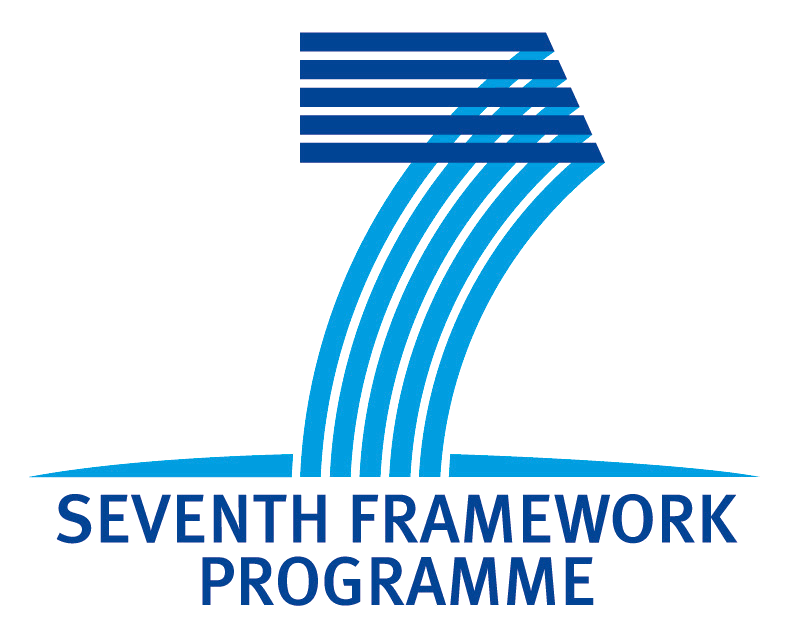Grammar Developer’s Tools
Use of resources
-
Node Budgeted Period 1 Period 2 (est) Period 3 (est) UGOT 20 0 AR:1, RE:4.7, NF:0.3, JC:4.6 X UHEL 12 0 X X UPC 4 0 2 X Ontotext 12 0 X X BI UZH
Objectives
The objective is to develop a tool for building domain-specific grammar-based multilingual translators. This tool will be accessible to users who have expertise in the domain of translation but only limited knowledge of the GF formalism or linguistics. The tool will integrate ontologies with GF grammars to help in building an abstract syntax. For the concrete syntax, the tool will enable simultaneous work on an unlimited number of languages and the addition of new languages to a system. It will also provide linguistic resources for at least 15 languages, among which at least 12 are official languages of the EU.
Description of work
The top-level user tool is an IDE (Integrated Development Environment) for the GF grammar compiler. This IDE provides a test bench and a project management system. It is built on top of three more general techniques: the GF Grammar Compiler API (Application Programmer’s Interface), the GF-Ontology mapping (from WP4), and the GF Resource Grammar Library. The API is a set of functions used for compiling grammars from scratch and also for extending grammars on the fly. The Library is a set of wide-coverage grammars, which is maintained by an open source project outside MOLTO but will be via MOLTO efforts made accessible for programmers on lower levels of linguistic expertise. Thus we rely on the available GF resource grammar library and its documentation, available through digitalgrammars.com/gf/lib. The API is also used in WP3, as a tool for limited grammar extension, mostly with lexical information but also for example-based grammar writing. UGOT designs APIs and the IDE, coordinates work on grammars of individual languages, and compiles the documentation. UHEL contributes to terminology management and work on individual languages. UPC contributes to work on individual languages. Ontotext works on the Ontology-Grammar interface and contributes to the ontology-related part of the IDE.
Tasks
|
ID |
Status | Timeframe | |
|---|---|---|---|
| 2.1 | Refactoring the grammar compiler code base (to improve reusability) | Assigned | Mar 2010 - Jul 2010 |
| 2.10 | Improving the Resource Grammar Library API and its documentation | Ongoing | Mar 2010 |
| 2.11 | GF runtime in C | Ongoing | Apr 2010 |
| 2.12 | GF Eclipse Plugin | Ongoing | Sep 2011 - Mar 2012 |
| 2.2 | Example-based grammar writing | Ongoing | Jul 2010 - Sep 2010 |
| 2.3 | Morphology server and its API | Planned | Aug 2010 - Oct 2010 |
| 2.4 | Release of GF 3.2 | Completed | Mar 2010 - Dec 2010 |
| 2.5 | Designing the API and writing its documentation | Completed | Mar 2010 - Aug 2010 |
| 2.6 | Web-based grammar development environment (version 1) | Ongoing | Aug 2010 - Mar 2011 |
| 2.7 | On-line extension of PGF with new words | Planned | Aug 2010 - Jan 2011 |
| 2.8 | Integrating probabilities in GF and PGF | Planned | Oct 2010 - Dec 2010 |
| 2.8 | Plugin to Python NLTK | Completed | |
| 2.9 | Integration with ontology tools | Planned |
What links here
No backlinks found.


